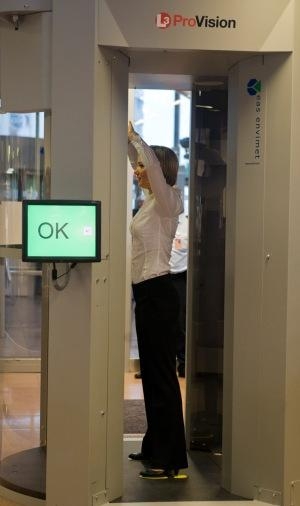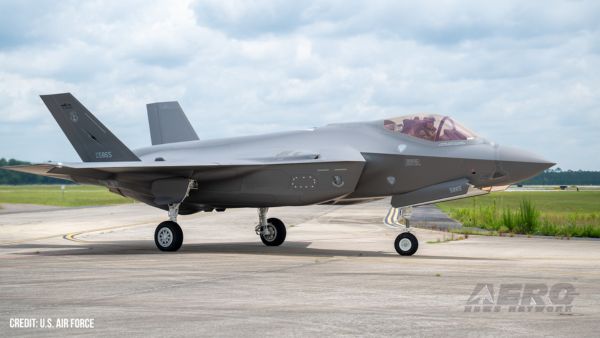Wed, Sep 07, 2011
Interior Minister: Current Generation Of Devices "Not Yet
Suitable For General Use"
The German Interior Minister has decided that full body scanners
are not ready for prime time, and will not deploy the devices at
German airports for the time being. Field testing of two full-body
scanners at Hamburg Airport, which started in September 2010, was
extended once, and was completed on July 31 this year. About
809,000 passengers voluntarily submitted to this method of
inspection for aviation security checks. The internal assessment of
the ten-month test phase has since been completed.
German Ministry Of Interior
Photo

Based on the test results, Federal Minister of the Interior
Hans-Peter Friedrich has decided that, for now, full-body scanners
will not be used at airports. “The Federal Police will
continue to closely monitor developments in this area, and we hope
to have devices soon which both satisfy our high security standards
and are capable of handling large numbers of passengers,” the
Federal Minister said.
Friedrich said in a news release that analysis of the data from
ten months of practical operations showed that full-body scanners
are in principle able to improve the efficiency and effectiveness
of aviation security controls. They are a good way to further
enhance the security of civil aviation, significantly speed up the
inspection process and make it more convenient for passengers in
future.
However, he said, it was also apparent that the technology
is not yet to the stage where the available devices are suitable
for everyday use. Most false alarms can be attributed to clothing
features, such as folds. Even though in many cases follow-up checks
can be limited to the area indicated by the scanner, there are too
many false alarms overall which delay the control process.
For this reason, Friedrich said, the current
generation of body scanners "is not yet suitable for general use,
despite their high rate of detection."
Full-body scanners may currently be used at European airports
only for testing purposes. The European Commission is currently
drafting an EU regulation allowing full-body scanners as a standard
inspection method for passenger security checks.
More News
Aero Linx: The American Society of Aerospace Medicine Specialists (ASAMS) The Society is a non-profit organization created to serve as a voice for and represent the professional ne>[...]
Class C Service This service provides, in addition to basic radar service, approved separation between IFR and VFR aircraft, and sequencing of VFR aircraft, and sequencing of VFR a>[...]
Have A Story That NEEDS To Be Featured On Aero-News? Here’s How To Submit A Story To Our Team Some of the greatest new stories ANN has ever covered have been submitted by our>[...]
Also: ERAU Uses UAVs, P550 Group 2 UAS, Starship’s Florida Launches, NASA Missions Chopped The Air Force has put out a call to commission a one-to-one copy of the Iranian-des>[...]
Classic Klyde Morris From 11.07.16 (and Remembering Bob...) FMI: www.klydemorris.com>[...]
 ANN's Daily Aero-Linx (08.27.25)
ANN's Daily Aero-Linx (08.27.25) ANN's Daily Aero-Term (08.27.25): Class C Service
ANN's Daily Aero-Term (08.27.25): Class C Service ANN FAQ: Submit a News Story!
ANN FAQ: Submit a News Story! Airborne-NextGen 08.26.25: Iran UAV Knockoffs, X-37B Spaceplane, Army Training
Airborne-NextGen 08.26.25: Iran UAV Knockoffs, X-37B Spaceplane, Army Training Classic Klyde Morris (08.25.25)
Classic Klyde Morris (08.25.25)



